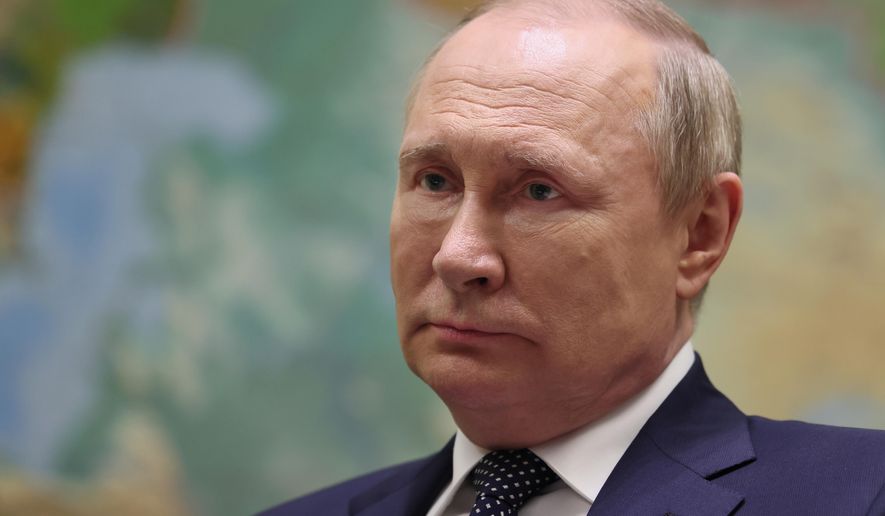The fight in Ukraine is becoming a frozen war.
As the Russian invaders battle for control of the eastern Donbas region, the early optimism over Ukraine’s unexpected February and March successes – including the defense of Kyiv against a Russian onslaught – has given way to an ugly realism that Russia will not quit its war of aggression anytime soon. And neither is Ukraine ready to cede any territory. Moreover, the diplomats are invisible.
The likelihood of a drawn-out slog is raising questions that can no longer be ignored by Ukraine’s U.S and European backers.
As noted European political scientist Ian Bremmer wrote, “Debates will shift from how to best help Ukraine win to whether Ukraine can actually win and what their endgame should be. The allies will become increasingly split over whether to keep ramping up their support of Ukraine’s quest for total victory, and calls to end the conflict and normalize relations with Russia will become more common.”
If Russia chose war as a way of preventing its neighbor from joining the West, the U.S. has chosen a kind of proxy war to thwart President Vladimir Putin’s ambitions. The $53 billion in U.S. aid and armaments sent to Ukraine this year is about the same amount the U.S. spent annually in its late occupation of Afghanistan. Before the war, the U.S. sent Ukraine more than $7 billion in security assistance from 2014.
SEE ALSO: History As It Happens: This new Cold War
But how does it end?
In this episode of History As It Happens, historians Jeffrey Engel and Jeremi Suri discuss the perils of an open-ended commitment to defending Ukraine against a nuclear-armed power. They analyze such past conflicts as Vietnam to determine if the Biden administration might be slowly sinking into a quagmire from which it can’t extract itself, even without any U.S. ground troops in Ukraine.
“The United States has some big choices coming before it. We have committed ourselves to defending a country that is crucial for the future of European security and that has been attacked by a longstanding adversary. But we haven’t thought through what the next steps are, and if history teaches us anything, doing the right thing today opens up many challenges for tomorrow,” said Mr. Suri, an expert on contemporary politics and foreign policy at the University of Texas at Austin.
“This administration has done a tremendous job in this crisis,” said Mr. Engel, the founding director of the Center for Presidential History at Southern Methodist University. “By the same token, we have made a series of important, useful, strategic choices… and now we’ve raised the specter of different problems than what we were expecting.”
Listen to the interview with historians Jeremi Suri and Jeffrey Engel here.




